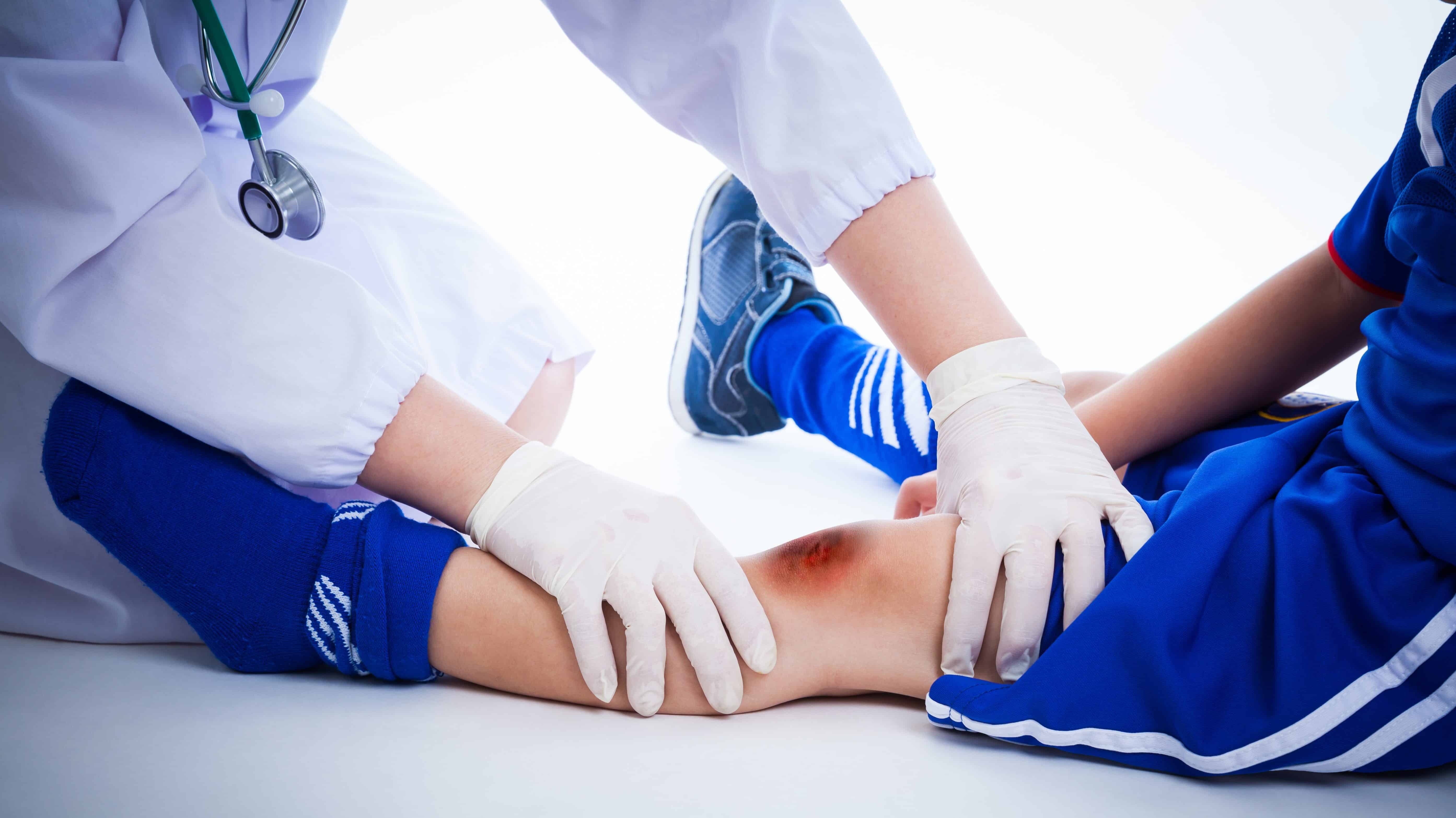Cannabis is an incredibly versatile plant, with applications ranging from the culinary arts to industrial design. For those who aren't familiar with medical cannabis, however, it's important to understand how this plant can be used to treat sports injuries and other health conditions. Here are five ways that medicinal cannabis can help improve your overall health and well-being:
Reduce inflammation and improve healing in sports injuries
Injury is a natural part of sports. Whether it's a sprained ankle or torn ligament, injuries can be painful and debilitating.
Injuries are caused by damage to the body's tissues and inflammation is the body's response to this damage. Inflammation helps protect against infection and promotes healing, but it can also cause pain and discomfort. With sports injury management, you can reduce inflammation in the injured area, making it easier for your body to repair itself after an injury--without causing any side effects like drowsiness or nausea that some other prescription medications might cause
Improving Sleep Quality and Duration
Cannabis can help you sleep better. Cannabis has been shown to improve sleep quality and duration, as well as reduce insomnia. It also helps with REM sleep, which is important for memory consolidation and learning new skills.
In addition to improving the quality of your rest, cannabis can also help with sleep apnea (a common cause of poor-quality or interrupted sleep). Research has shown that the active ingredient in medical marijuana--THC--helps prevent airway collapse during sleep by relaxing muscles in your throat and chest cavity.

Reduced Anxiety and Depression
Cannabis can help with anxiety and depression. It's a natural anti-inflammatory, which means it will reduce pain and swelling in the injured area. Cannabis can also improve sleep quality and duration, which is important for athletes because getting enough sleep helps them recover faster after training.
Cannabis has been shown to increase mobility and athletic performance by improving reaction time, focus, concentration and memory recall during workouts or competitions.
Lastly, (I know this isn't a word), cannabis has been shown to help manage chronic pain associated with sports injuries
Improves mobility and athletic performance
Cannabis has been shown to improve mobility and athletic performance. The plant has been used for thousands of years as a way to reduce pain and inflammation, which can be helpful for athletes who are suffering from sports injuries. Cannabis also helps with sleep quality and duration, which is important for athletes because adequate rest allows them to recover faster after training sessions or competitions.
The anti-inflammatory properties of cannabis make it ideal for treating sports injuries like tendinitis or bursitis (inflammation caused by repetitive motion). This includes injuries related to:
- Running: Plantar fasciitis (pain in the heel)
- Cycling: Shin splints (pain along shinbone)
- Pain Management
CBD (cannabidiol) is a non-psychoactive component of cannabis that can be used to manage pain. CBD has been shown to help reduce inflammation and swelling, which can result in improved mobility and reduced pain.
CBD is not addictive, but it does interact with other medications like opioids or antihistamines. If you're taking these medications already, talk with your doctor before adding CBD into the mix.
Conclusion
In conclusion, medicinal cannabis has many benefits sports injury management and improving athletic performance. For example, it can reduce inflammation and improve healing time in injured areas of the body. It also helps with sleep quality and duration as well as reducing anxiety or depression among athletes who suffer from these conditions regularly due to stressors outside of sports related activities such as work or school assignments. Lastly, cannabis use may even improve mobility which can lead to better overall athletic performance.
Source From - 5 Ways Medicinal Cannabis Can Help with Sports Injury Management
